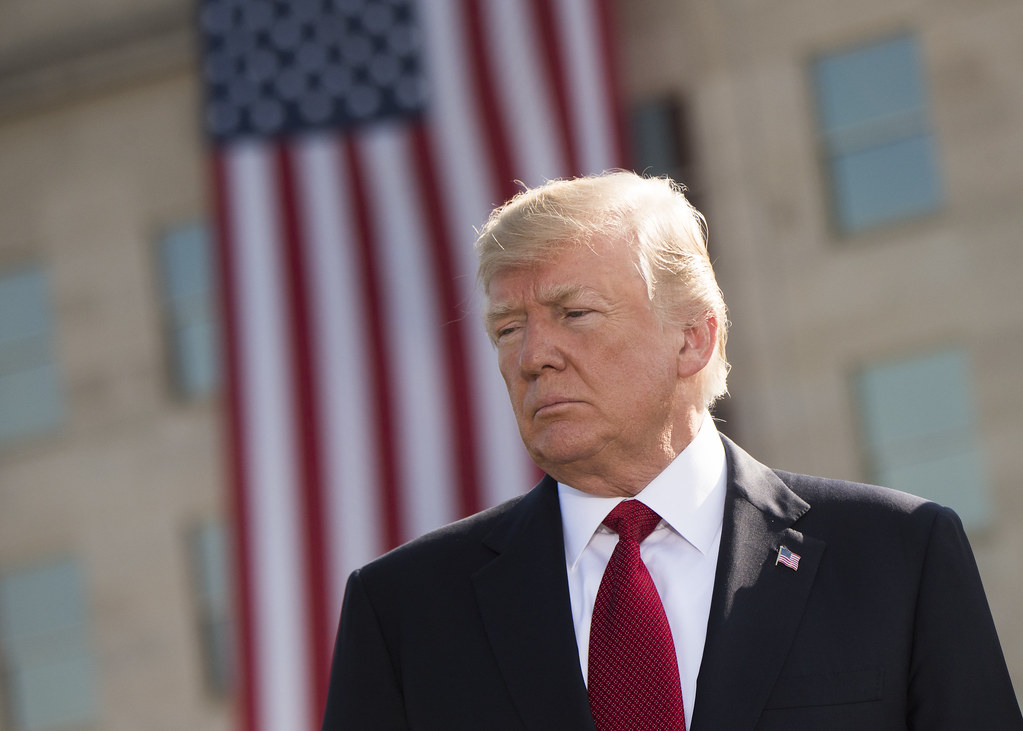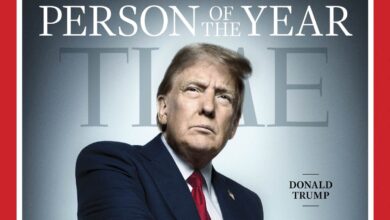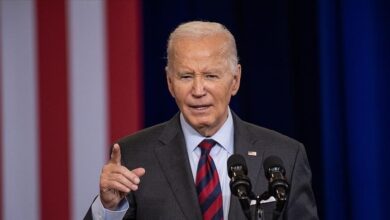
Donald Trump has named Robert F. Kennedy Jr. as Secretary of Health and Human Services (HHS), marking a bold and controversial move for his incoming administration. Kennedy, a vaccine skeptic and conspiracy theorist, is tasked with overseeing the HHS—a department managing critical health programs and a $2 trillion budget. Trump’s announcement came during an event at Mar-a-Lago, where he expressed confidence in Kennedy’s ability to challenge the status quo, emphasizing issues like pharmaceutical industry practices and healthcare reform.
Kennedy, a scion of the famous political family, has faced backlash for promoting the debunked claim that vaccines cause autism and for his critiques of COVID-19 vaccination. His appointment aligns with Trump’s promise to “Make America Healthy Again” and reflects his broader strategy to upend traditional government norms. Critics warn that Kennedy’s history of controversial statements could undermine public trust in health initiatives. Senate confirmation, however, remains a hurdle.
This appointment is part of Trump’s larger effort to reshape the federal government with unconventional choices. Other nominees include Matt Gaetz for Attorney General, despite his controversial history, and Pete Hegseth as Defense Secretary, a Fox News host with no prior leadership experience in large organizations. These picks highlight Trump’s preference for personal loyalty over traditional expertise.
Additionally, Trump has named his attorneys Todd Blanche and Emil Bove as Deputy Attorneys General and plans to nominate John Sauer as Solicitor General. His administration promises sweeping changes, including potentially dismantling the Department of Education.
Trump’s bold cabinet choices are drawing sharp reactions, with critics expressing concerns over the qualifications and past controversies of the nominees. Supporters, however, view these decisions as steps toward radical government reform, aligning with Trump’s populist and disruptive agenda. If Kennedy’s nomination is confirmed, it could signify a seismic shift in U.S. public health policy, potentially altering the nation’s approach to critical health challenges.




